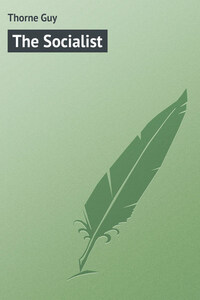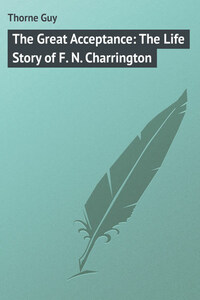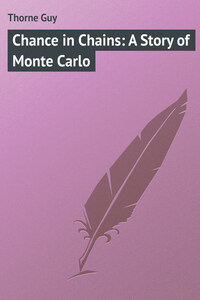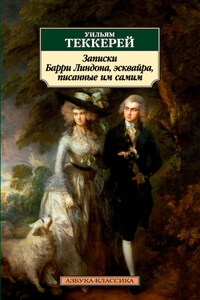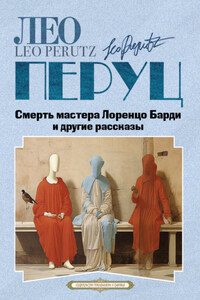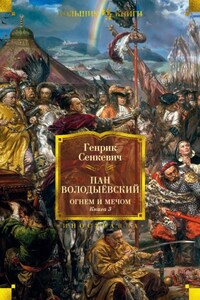CHAPTER I
CONCERNING HIS GRACE THE DUKE OF PADDINGTON
There are as many social degrees in the peerage as there are in the middle and lower classes.
There are barons who are greater noblemen than earls, viscounts who are welcomed in a society that some marquises can never hope to enter – it is a question not of wealth or celebrity, but of family relationships and date of creation.
When, however, a man is a duke in England, his state is so lofty, he is so inevitably apart from every one else that these remarks hardly apply at all. Yet even in dukedoms one recognises there are degrees. There are royal dukes, stately figureheads moving in the brilliant light which pours from the throne, and generally a little obscured by its refulgence. These have their own serene place and being.
There are the political dukes, Cabinet-made, who are solemnly caricatured through two generations of Punch, massive, Olympian, and generally asleep on the front benches of the House of Lords.
And every now and then it happens that there are the young dukes.
The fathers of the young dukes have lived to a great age and married late in life. They have died when their sons were little children. For years it seems to the outside public as if certain historic houses are in abeyance. Nothing much is heard of these names, and only Londoners who pay enormous ground rents to this or that Ducal estate office realise what a long minority means.
From time to time paragraphs find their way into the society papers telling of the progress of this or that young dukeling at Eton. The paragraphs become more in evidence when the lad goes to Oxford, and then, like a suddenly-lit lamp, the prince attains his majority.
Paragraphs in weekly papers expand into columns in all the dailies. The public suddenly realises that the Duke of – , a young man of twenty-one, owns a great slice of London, has an income of from one to two hundred thousand pounds a year, and by the fact of his position is a force in public affairs. For a week every one talks about the darling of fortune. His pictures are in all the journals. His castle in Kent, his palace in Park Lane, his castle in Scotland, his villa at Monte Carlo, are, as it were, thrown open to the inspection of the world. The hereditary jewels are disinterred by popular rumour from the vaults at Coutts' Bank. The Mysore Nagar emerald that the third duke brought from India glitters once more in the fierce light of day. The famous diamond tiara that the second duke bought for his duchess (in the year when his horse "Strawberry Leaf" won the Derby and His Grace eighty thousand pounds) sparkles as never before. Photographers seek, and obtain, permission to visit the famous picture galleries at Duke Dale, and American millionaires gasp with envy as they read of the Velasquez, the three Murillos, the priceless series of Rembrandt genre pictures, and the "Prince in Sable" of Vandyck, owned by a youth who has in all probability never seen any one of them.
The man in the street has his passing throb of envy, and then, being a generous-minded fellow in the main, and deeply imbued with loyalty to all existing and splendid institutions, wishes his lordship luck and promptly forgets all about him.
What the man on the street – a very different sort of person – says, is merely a matter which polite people do not hear, for who heeds a few growls in cellars or curses in a cul-de-sac?
Women are even more generous, as is their dear mission to the world. If your dukeling is a pretty lad, presentable and straight as caught by the obsequious camera, they give him kind thoughts and wonder who the fortunate girl will be. Who shall share the throne of Prince Fortunatus? On whose white and slender neck shall that great Indian emerald give out its sinful Asiatic fire? On whose shining coronet of hair shall rise that crown of diamonds that the brave horse won for the "bad old duke" on Epsom Downs?
And then all the stir and bother is over. Some newer thing engages the public mind. Another stone is thrown into another pool; the ripples upon the first die away, and the waters are tranquil once more.
Prince Fortunatus has ascended his throne, and the echoes of the ceremonial trumpets are over and gone.
* * * * * *
John Augustus Basil FitzTracy was the fifth Duke of Paddington, Earl of Fakenham in Norfolk, and a baronet of the United Kingdom.
His seats were Fakenham Hall, at Fakenham, Castle Trink, N. B., and the old Welsh stronghold, near Conway, known as Carleon, which had come to him from his mother's aunt, old Lady Carleon of Lys.
In regard to his houses, there was, first and foremost, the great square pile in Piccadilly, which was almost as big as the Duke of Devonshire's palace, and was known as Paddington House. There was an old Saxon house near Chipping Norton, in Gloucestershire, which was used as a hunting-box – the late duke always having ridden with the Heythrop. There was also a big blue, pink-and-white villa upon the Promenade des Anglais at Nice – the late duke liked to spend February among the palms and roses of the Riviera, though it was said that the duchess never accompanied him upon these expeditions to the sun-lit shores of the Mediterranean.
